“All shall be done, but it may be harder than you think”.
The Lion, The Witch and the Wardrobe – C S Lewis
36 ‘Teacher, which is the greatest commandment in the Law?’ 37 Jesus replied: ‘“Love the Lord your God with all your heart and with all your soul and with all your mind.” 38 This is the first and greatest commandment. 39 And the second is like it: “Love your neighbour as yourself.” 40 All the Law and the Prophets hang on these two commandments.’1
Learning, in its widest sense, is about challenges. Challenges make learning more interesting, longer lasting and leads to further achievements. Advances in neuroscience teach us that the brain is elastic and malleable, and neural pathways can be stimulated, grown and changed. This means that an individual’s intelligence and skills are not set. They can be changed. This also means that the limits to what we can achieve can change; as we learn, we can reach further.
James Nottingham, who visited Western Australia last year, describes a situation where we struggle to understand something as a learning ‘pit’. For Nottingham, these moments where we struggle with a gap in knowledge or ability are essential because they enable us to learn. In some sense, we need to welcome the struggle.
This is perhaps a little frightening to adults – both teachers and parents alike – because our first instinct is to protect. As a result, we will sometimes put boundaries around possibilities for our young people and limit their opportunities to make mistakes. Yet, as Nottingham argues, this can restrict learning as well. Instead, naturalising error ought to become part of our culture as it generates brain activity: “errors invite opportunity.”1
One way that students can do this is by working together to spot and analyse errors in each other’s work or in sample answers. Finding mistakes will help students learn more deeply and develop critical thinking skills.
Errors thrive where there is trust. At Kennedy Baptist College, we want to continue developing a growth mindset in staff, students, and parents about learning, especially about errors, risk-taking and achievement. Hattie, a leading international educator, identifies a range of mind frames that are important for learning, where students see themselves not only as learners but as teachers; where parents “know the power of feedback and success feeds on errors”; where teachers “ensure that (their) school is a highly welcoming and safe zone”.2 At its simplest, changing our frame of mind might mean that instead of saying “I can’t….”, we say, “I can’t…yet”. Instead of “I don’t understand”, we try, “I will understand if I try it if a different way.” Instead of, “I am not able to”, we say, “I will be able to with more practice.” Employers increasingly want students who can solve problems, think critically, who are curious, who have grit, and who can tackle challenges. Our aim at Kennedy is to continuously give students the opportunities they need to learn these life skills.
As we move towards exams for many students in Term 2, I challenge students to make the most of every opportunity in and out of the classroom; to learn in the broadest sense of the word, to challenge themselves, and to acknowledge that learning is hard work because it requires focus and attention.
Jesus also challenges us. He challenges us in the way we should live our lives: to love God and to love others. We need to look outwards, rather than inwards. We need to serve others and not become self-determined and individualistic. We need to love and not simply tolerate. We learn this response from Jesus as we discover His sacrificial love for us. A love that has overcome sin and death so that we might have relationship with God. Will we accept this challenge?
Mrs Christine Crump
Director of Students



